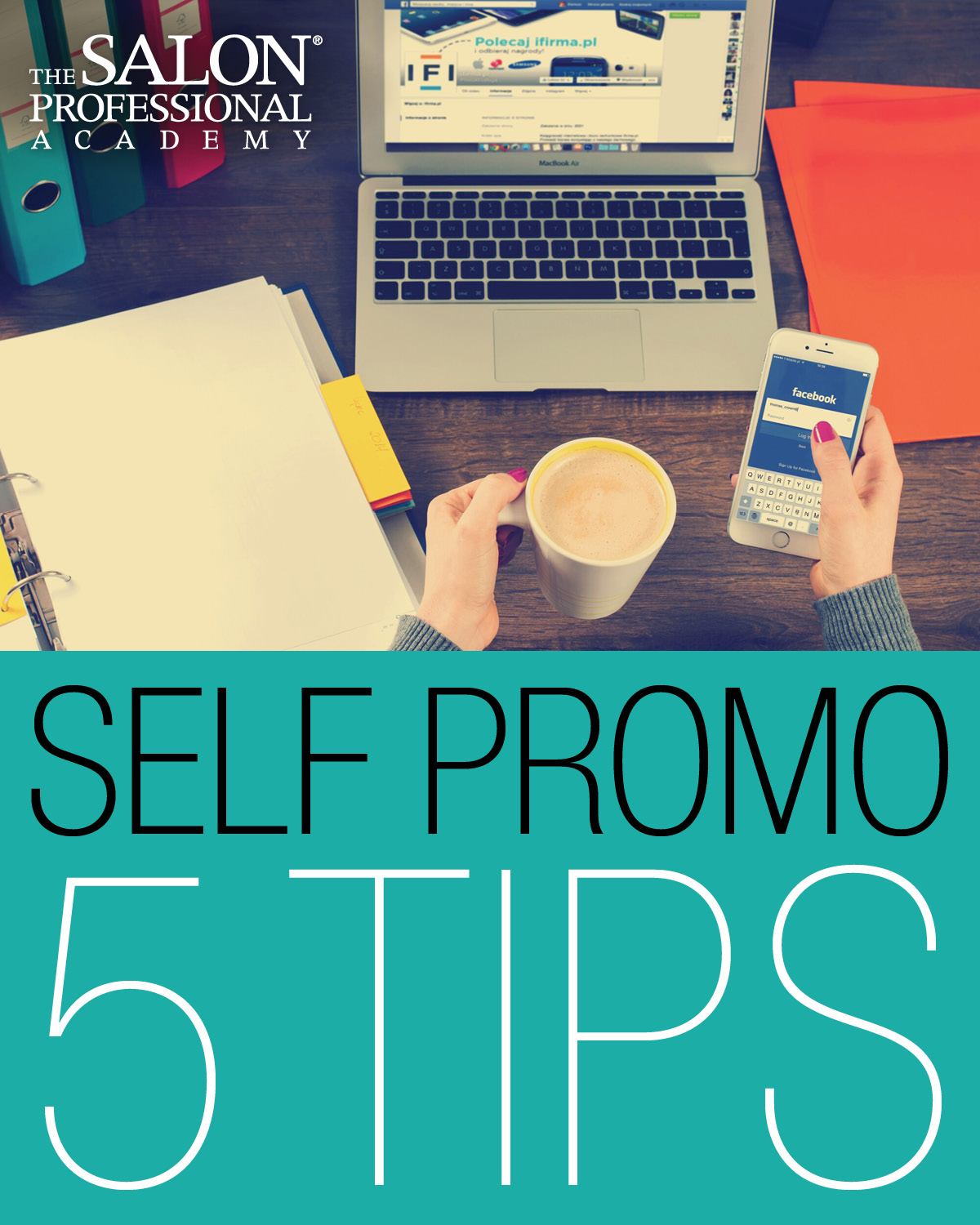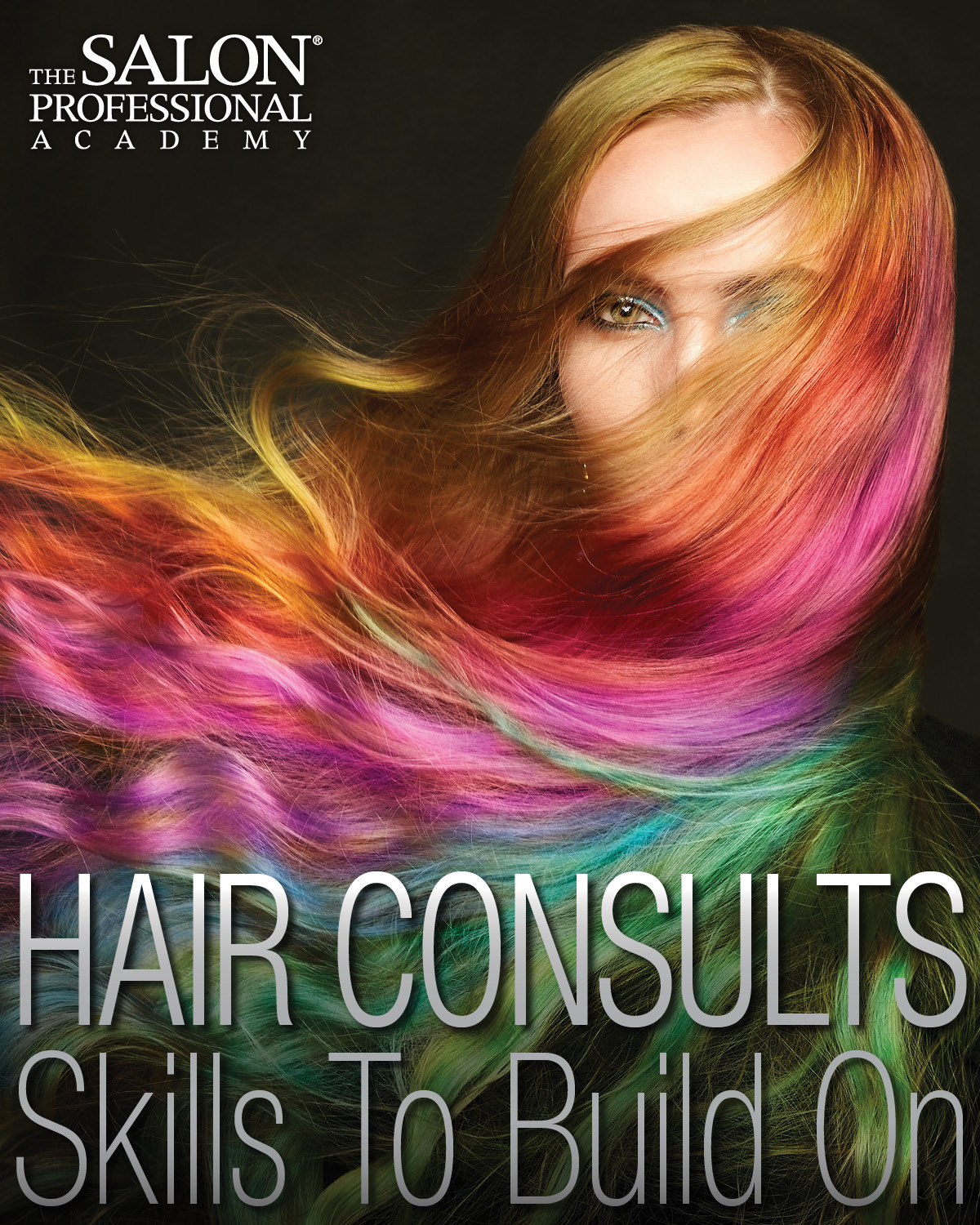Marketing Tips to Differentiate Yourself: Stand Out in Your Industry
Marketing your business the right way can help you grow your client base and continue to build a name for yourself as a hairstylist. Yet it can be tough to know exactly what type of posts are best and how to build a professional social presence.
We’ve put together the best tips to help you learn marketing for stylists. New students can learn and grow from these concepts, and alumni can also use these techniques for continued success in their businesses.
Let’s get started!
1. Know Your Audience
While marketing businesses online is a tricky task, knowing what audience you’re speaking to can help you build your posts.
Who is your ideal customer? What do they like? What motivates them?
Once you know for sure who you’re marketing to and trying to attract, then you can tailor your posts to fit. Frame your ideas based on who you’re talking to, and your posts will work better.
One more bonus: when you find those clients who are good for you, it’s exhilarating for you as a stylist. You look forward to helping them with their hair goals, and it gives you the passion to continue learning and growing your skills.
2. Set Goals: Marketing for Stylists
Why do you want a social account? Staying relevant is important, but get specific with your goals.
Are you trying to market different hairstyling products? Are you hoping to bring in new clients? Would you like to book your appointments full every day?
With your specific objective in mind, you can tailor your posts to fit. Before you post something, consider how well it aligns with your goals, and edit accordingly.
3. Switch to Business Profiles
While you may work for a local hairstyling company, you shouldn’t always post under the salon’s accounts. Set your own hairstyling social media accounts, and make sure they are business accounts. It’s important to grow your own name as a hairstylist separate from the salon.
Keep in mind, your accounts and your posts should all be public when you have a business account. You’ll have a bigger reach that way, and you won’t exclude any potential customers.
4. Streamline Your Aesthetic
As you create more social media marketing posts, you’re building your brand. The accumulation of posts adds to your public image, which you can curate and grow.
Take some time to envision what you want your brand to look like. Keep this overall aesthetic in mind as you choose photos to post and build your reputation.
5. Add Human Interest
Whether you’re building a business website design or social media personality, you want to make sure you’re not posting only hair pictures. Add some human interest so that your clients get to know who you are as a stylist.
Talk about what interests you about hair, what colors you love, and your favorite parts of the day. Add some posts that tell about who you are as a person, too, from your pets at home to your favorite Starbucks drink and other quirks. Your clients will love feeling like they know you, and they’ll keep coming back.
Growing Your Business
Social media marketing for stylists can be tricky to master. Whether you’re still a student or you’re an alumnus of TSPA, the tips above can help you build your personal brand and market to the ideal customer.
For more on graduating salon ready, check out our other blog posts or enroll today to get started in a beautiful career!









